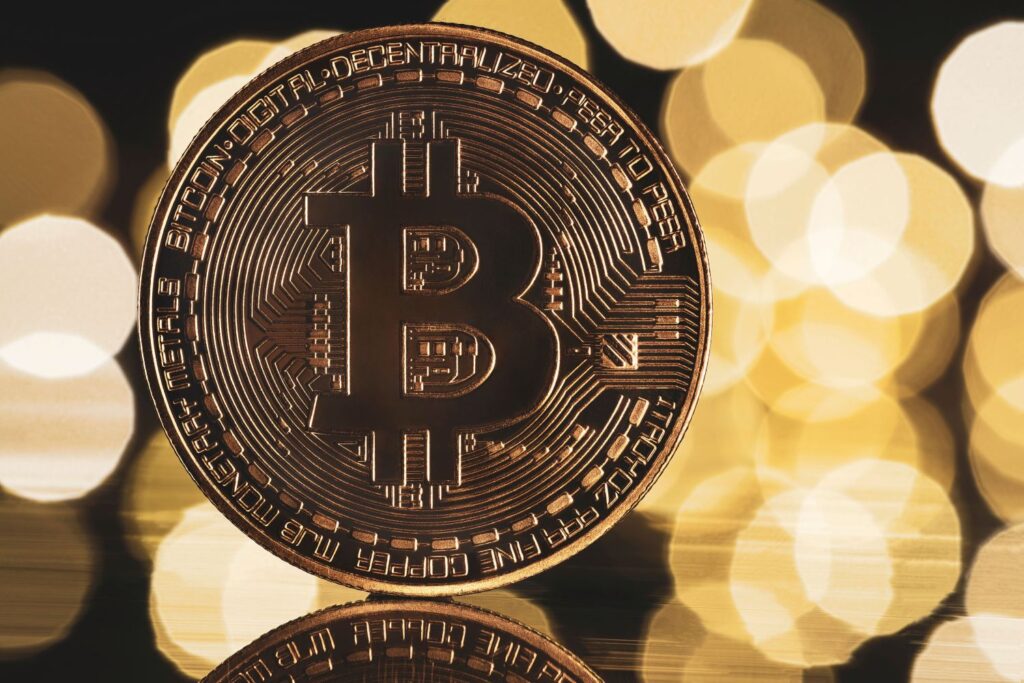Bitcoin is set to remain a legal tender in El Salvador for the duration of President Nayib Bukele‘s second term, according to his vice president, Felix Ulloa.
This affirmation comes amidst expectations of President Bukele’s victory in the upcoming election, largely attributed to his stringent crackdown on criminal gangs.
Ulloa, temporarily on leave to join Bukele’s re-election campaign, reiterated the nation’s commitment to adopting Bitcoin as legal tender despite pressure from the International Monetary Fund (IMF) to reconsider this decision during loan negotiations.
Ulloa firmly stated that the government has no intention of reversing its stance on Bitcoin, highlighting the recent endorsement from the U.S. Securities and Exchange Commission (SEC), which allows U.S.-listed exchange-traded funds (ETFs) to track Bitcoin.
This regulatory move has bolstered El Salvador’s determination.
The introduction of ETFs, which have been in the works for a decade, is seen as a significant development for Bitcoin, granting investors exposure to the world’s largest cryptocurrency without directly owning the digital tokens.
Moreover, it represents a substantial boost to the crypto industry, which has been marred by various scandals.
Ulloa expressed confidence in the enduring credibility of the Bitcoin law, asserting that it enjoys widespread recognition on a global scale.
If President Bukele and his New Ideas party secure victory in the upcoming election, the Salvadoran government plans to proceed with launching Bitcoin-backed bonds in the first quarter of 2024.
Additionally, plans for Bitcoin City, a tax-free crypto hub in the country’s eastern region, and the issuance of passports to investors contributing the equivalent of $1 million in cryptocurrency will move forward.
In September 2021, El Salvador made history by becoming the first country to embrace Bitcoin as a legal tender, a move that garnered both praise and criticism.
The IMF, in particular, vehemently criticized the decision, while the country sought a $1.3 billion loan from the organization.
Ulloa, a 72-year-old lawyer, remains hopeful that the hurdles to accessing IMF financing will be overcome, especially considering the acceleration of public debt.
He emphasized that the majority of the loan package has already been agreed upon, underscoring El Salvador’s steadfast commitment to its innovative Bitcoin adoption, regardless of the ongoing negotiations with international organizations.
